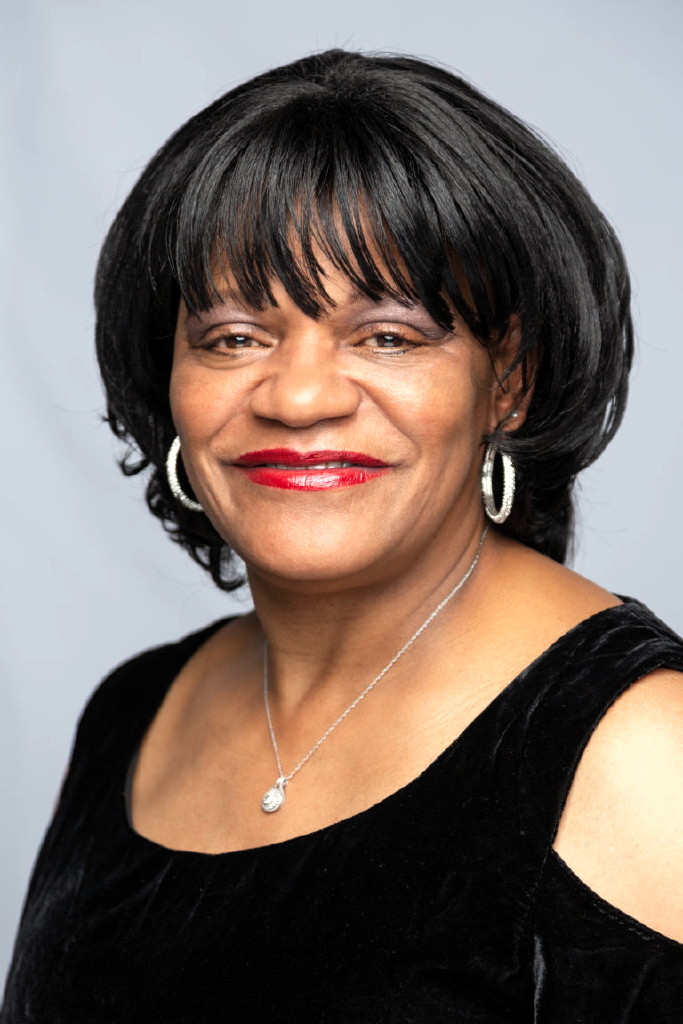By Pam Hersh
On Friday, May 22, McCarter Theatre ’s retiring Artistic Director Emily Mann, also renowned as a playwright, asked me – and dozens of others – “How does the story we just told resonate with your story?” I had nothing to say.
I was one of many who had witnessed by Zoom an incredibly moving and profound community play reading of Emily Mann’s “Execution of Justice.” The question was posed to all the viewers at the end of the play in the “Talking Circle,” a vehicle for post-performance conversation.
The docudrama chronicles the murder trial of Dan White, who, in 1978, assassinated San Francisco Mayor George Moscone and openly gay City Supervisor Harvey Milk. Crafted entirely from trial transcripts, reportage, interviews and words from “the street,” the play examines issues of civil/human rights, legal vs. judicial justice, the miscarriage of justice, and political violence in America. The community reading of the play on May 22 corresponded to the 90th anniversary of the birth of Harvey Milk.
In the shadow of the play’s powerful dialogue, I felt that my words would sound trite and cliché, particularly from someone with lightweight credentials, as far as oppression and discrimination injustices. Sure, I have sustained some superficial wounds in a few of the “ism” categories (ageism, sexism, anti-Semitism), but nothing compared to what my ancestors and tens of millions of residents living in this country today have endured.
Just a few days after the “Execution of Justice” virtual performance, America’s stage featured a real-time, caught-on-camera execution by suffocation and violent demands for justice. The murder of George Floyd in Minnesota, on the heels of the murder of jogger Ahmaud Arbery in Georgia, sparked the tsunami of the protests, riots, fires, looting, tweeting and paternalistic pontificating. Emily’s play, written in the 1980s, was brilliantly yet painfully prescient.
Six days after the play reading, I still was speechless, but from overwhelming depression, rather than literary inspiration. All I wanted to do was cry. It was a horrific déjà vu. In the late 1960s and early 1970s, I lived in several cities destroyed by violence (Asbury Park, Trenton, New Brunswick, Washington D.C.). I participated in civil rights protests and initiatives and was devastated by the assassinations of Martin Luther King, Jr. and Robert F. Kennedy. In spite of all the negativity of that era, I still was hopeful. Maybe it was my age – or rather lack of it. I thought I could make a difference and that our nation would learn and our leaders would lead.
This past week, despair replaced any hope I once had. The tears really welled up when I walked past Princeton High School and saw the props for staging an outdoor social-distanced graduation ceremony. I was teary eyed not because the students were enduring surreal COVID-cursed celebrations, but rather because of the futures that these graduates would have to face. Their 18 years in this world have been book ended by trauma – the Sept. 11 attacks of 2001 and the events of 2020.
Thankfully, a bit of good news crept into my psyche to lift my sagging spirits. I learned about some individuals – specifically teachers/mentors, who were honored last week for building up, rather than tearing down, their respective communities.
The virtual YWCA Tribute Awards gala was great medicine for my angst-filled soul. The awards honored 11 women who embody the YWCA mission of “eliminating racism, empowering women,” have demonstrated sustained leadership and exceptional talent and who have made significant contributions to their professions. (Read about them – it is a great anti-depressant: www.ywcaprinceton.org/homepage/signature-events/tribute/
I knew many of the nominees, but was most familiar with JoAnne Parker, my neighbor in Princeton’s Witherspoon-Jackson neighborhood. She has made it her life’s work to connect with the Princeton community, particularly its youth. She taught, mentored and inspired countless kids to work towards a productive life of personal success, while giving back to the community.
Housing Initiatives of Princeton (HIP) saluted two individuals who gave me hope for our society. Princeton resident Marian Allimonos decided that on the occasion of her 70th birthday, she would give a $5,000 birthday present to an organization offering direct services to people hit hard by the COVID crisis. After consulting with Princeton Mayor Liz Lempert, Ms. Allimonos presented the gift to HIP, an organization that has shown an unrelenting commitment and skill in its efforts to prevent homelessness.
HIP also saluted this week YWCA Tribute Award winner Sarah Torian, who in her role as a longtime HIP board member, has connected numerous families to quality, affordable housing, and has helped low-income renters avoid eviction and homelessness.
And then there is legendary mentoring mensch, Princeton University Professor Stan Katz, who for decades has inspired me to keep up the fight for social justice. On May 28, Dr. Katz received the 2020 Marvin Bressler Award, presented each year to a PU faculty member, who, “through heartfelt support of the university’s student-athletes and coaches, best embodies a belief in the lifelong lessons taught by competition and athletics as a complement to the overall educational mission.” At a virtual banquet, he was showered with praises about how his mentorship and caring inspired and gave direction to so many of his students.
I say bravo and thank you to all those who were honored this week and to all others out in the community who are teaching me to be hopeful again. As far as Emily Mann, the incredible teacher and docudrama genius who said last week she still believes in hope and change, I can’t wait until she tackles the year of 2020. The title I suggest is: “Masks.”

